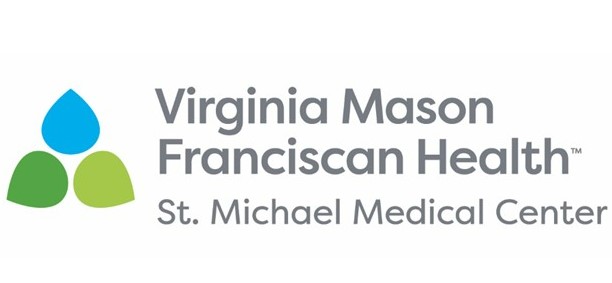Small Business Committee Raises Concerns to SBA About Certification Speed, Category Management
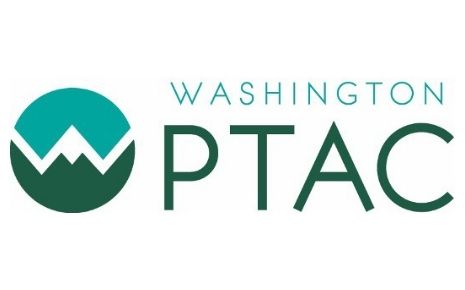
30 Jun 2022
PTAC, Government Contracting, SBA
View original post on SmallGovCon - Government Contracts Law Blog
Last week, the U.S. House of Representatives Small Business Committee held a hearing to discuss how the SBA will meet Small Business Contracting goals, and specifically how the SBA can meet its goals related to socioeconomic programs. The committee challenged the Office of Government Contracting & Business Development to show how they will help grow participation in SBA’s small business development programs, and small business participation in federal contracting as a whole. The Small Business Committee raised questions related to inflation, increasing socio-economic program participation, and SBA technology updates.
As is customary, the Small Business Committee released a memorandum illustrating their thoughts prior to the hearing, and the written testimony of witnesses for review. The information in these documents is useful, and are repeated in the hearing itself, all of which (including a link to a vide of the hearing) can be found on the Small Business Committee’s website. The committee brought in Ms. Bibi Hidalgo, Associate Administrator for the SBA’s Office of Government Contracting & Business Development (OGCBD) to testify. If you have a chance to read the testimony, read the committee’s memorandum, and watch the hearing, I highly recommend it, as the committee and its witness had a meaningful discussion on small business federal contracting. However, as advocates for small businesses across the country, we realize your time is limited and you may not have time. So, this blog post will provide you some of the key takeaways.
Certification Websites
The committee repeatedly requested updates on SBA’s progress on its certification websites such as certify.sba.gov and any other IT solutions SBA have been planning on implementing. Ms. Hidalgo stated that SBA has made it a priority that all websites they utilize for certification are running smoothly so small business owners have well oiled machines to utilize when certifying their socio-economic program status. Ms. Hidalgo also informed the committee that the SBA is processing certifications faster than in previous years, and is pushing technology forward in this realm to prepare for SBA overseeing all SDVOSB certifications.
Category Management Contracts
The committee really drilled down on category management contracts and how their June 14th hearing on Governmentwide contracts found that these contracts may have a negative effect on small business participation in federal contracting. Consequently, the committee asked what the OGCBD and SBA are doing to mitigate the effects of these contracts decreasing small business contracting. Ms. Hidalgo stated that the SBA and the White House are aware of this effect and are focusing on how these contracts have effected small business participation. As you may know, category management contracts are government wide procurement vehicles in which businesses or products are placed on Tiers (0 through 3), with each tier having separate requirements for contracting, spending, and tracking. The SBA and White House have negotiated with Office of Management and Budget (OMB) to move all socioeconomic firms (SDVOSB, WOSB, 8(a), HUBZone) into Tier 2 of category management. This should allow 33,000 more firms to possibly compete for even more contracts than before. According to Ms. Hidalgo, the SBA is already seeing increases in small business participation due to this tier change in Category Management Contracts.
Support of SBA’s Business Development Programs
As noted in the hearing and in the released documents, 8(a) participation had declined over multiple years, but in 2021 data finally showed an increase in businesses participating in the program. Meanwhile, HUBZone and WOSB programs were not meeting certain goals, and it seemed to some members of the committee that contracts seemed to be going to the small businesses in a small number of geographic locations. The Committee explicitly wanted Ms. Hidalgo to describe what measures the SBA and OGCBD were doing to help promote these programs and participation in them.
Ms. Hidalgo stated to help promote these programs, there have been different initiatives implemented. First, the SBA is now including HUBZone and WOSB participation goals in performance evaluations for agencies and their staff to promote usage. Additionally, the SBA is now tracking new entrants to federal contracting and socio-economic SBA program participation, as well as requiring procuring agencies to track participants in their contracts. This allows SBA and procuring agencies to know the entire pool of possible contractors, and when agencies reach out for data, SBA can provide accurate data about how many businesses are qualified to fulfill contracts in certain SBA programs.
SBA is also attempting to build up its own capabilities to help small businesses. Ms. Hidalgo stated that the SBA is attempting to shift focus in their communications with small businesses from compliance with regulations, to helping develop businesses, such as focusing on guidance with businesses on how to qualify for programs. Evidencing this shift, the Committee discussed a recent $5 million dollar increase in staff funding for the SBA Business Development programs, which Ms. Hidalgo believes will give SBA the flexibility to focus more on the aim of helping small businesses, rather than focusing on compliance.
The SBA also believes, along with the committee, that contract bundling is a negative factor in promoting small business participation in federal contracting. Ms. Hidalgo stated that it appears when multiple contracts or needs are bundled together, a larger contract is then created which small businesses cannot service, giving more money to large businesses and fewer growth opportunities for small business. The SBA is analyzing contracts to be un-bundled and how to prevent over-bundling from occurring. The SBA also is examining maps of where small businesses awarded contracts are located, so that the SBA can determine which locales may have small business contract awards that are disproportionate compared to other locations around the country. Also, due to the tracking discussed earlier, agencies are able to learn from the SBA what areas of the country have small business contractors, but are receiving less awards proportionately as compared to other areas in the United States.
Finally, Ms. Hidalgo stated that SBA recently published a new rule qualifying more NAICS codes for WOSB set-asides, causing, in her words, “92% of all federal spend [to] qualify as a set-aside for [WOSB].”
Inflation and Other Topics
As is front of mind for many Americans, the Committee asked Ms. Hidalgo what the SBA is doing to combat inflation, or help contractors survive inflation. Ms. Hidalgo testified that the SBA is looking at threshold flexibility on contracts and allowing for more variable price adjustments. In line with that, the SBA is working with the White House, and the seven largest procuring agencies, to make sure any changes undertaken are consistent across federal contracting. The SBA is also looking at shifting the window for reimbursement from the federal government for project performance from every thirty days, to every fifteen days.
As Chairwoman Velazquez stated in her opening remarks to the hearing, “when small contractors can thrive, our nation’s small businesses, government and the economy all benefit.” The Small Business Committee has shown in this hearing, and others recently (such as their hearing on Governmentwide Contracts) that they understand the importance of small businesses in federal government contracting, and will hopefully continue to advocate for effective small business contracting initiatives. Small business contractors should also keep an eye out for the different initiatives articulated by Ms. Hidalgo, as there may be significant gains to be achieved for small businesses. Finally, keep an eye out for further data form the SBA, as they stated that they are compiling data to share with Congress on small business contracting and its impact on certain identified groups.
Looking for the latest government contracting legal news? Sign up here for our free monthly newsletter, and follow us on LinkedIn, Twitter and Facebook.
The post Small Business Committee Raises Concerns to SBA About Certification Speed, Category Management first appeared on SmallGovCon - Government Contracts Law Blog.
More Topics







.jpg/Smallgovcon(1)__800x245.jpg)


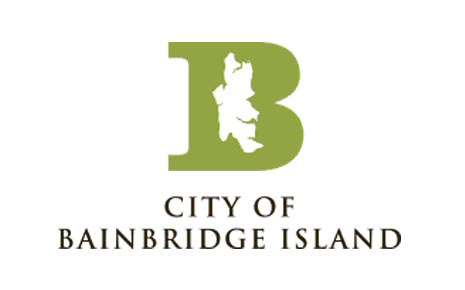
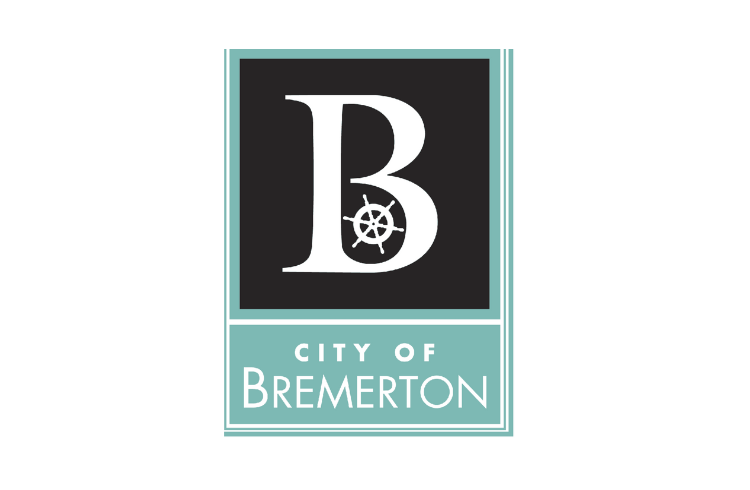



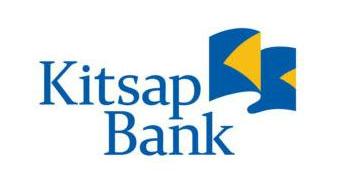
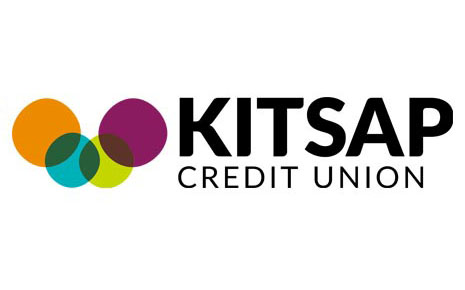
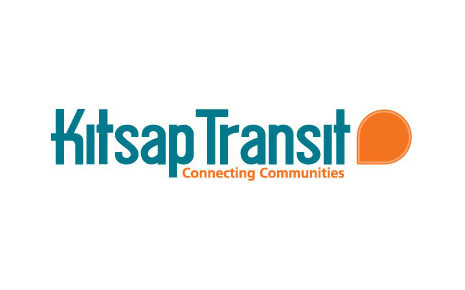
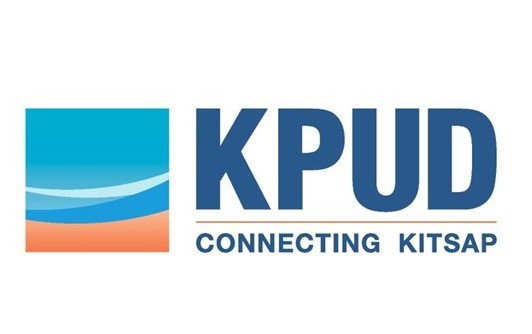
.png)

.png)

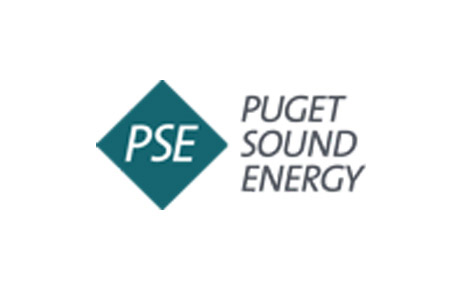


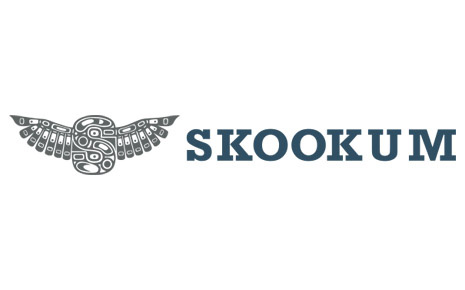
.png)
